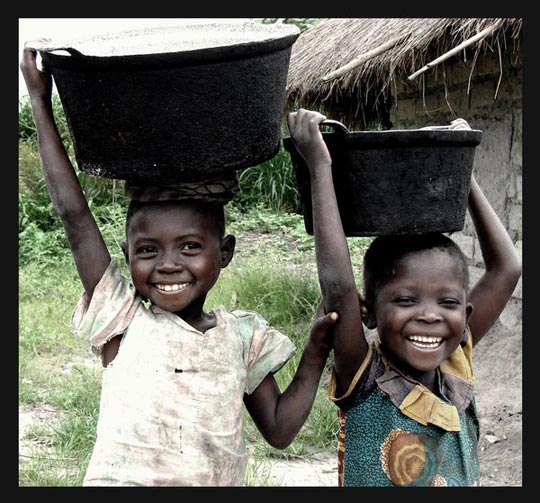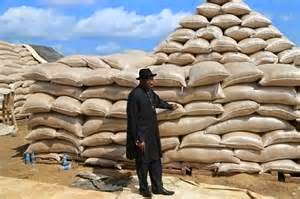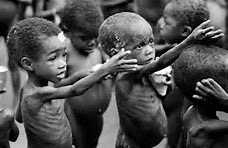 |
Appropriate funding of Agriculture in Africa and many developing nations remains the major challenge to the attainment of the MDG 1. Poverty and hunger continue to pose as stumbling block to socio-economic development in most countries in Africa, including Nigeria. With enormous number of programmes and regional cooperation, eleven years after the AU, Maputo declaration, the continent is yet to mobilize and align its developmental agenda with agriculture at the front burner. The Maputo 2003 recommendation and agreement of 10% budgetary allocation to agriculture by African countries is yet to have its full compliance. According to the 2014 CAADP report, only few African countries have attained the 10% while an average of 7% spending on agriculture was recorded. Nigeria agriculture, despite its giant strides and unprecedented achievements in the last 4 years could have done much more better if funding had been appropriate. The current efforts and successes recorded in the sector could be attributed to the strong commitment and honesty of purpose of the ‘driver’, Dr. Akinwumi Adesina.
 |
| President Jonathan by a Rice Pyramid in Doma, Nassarawa State |
"No civilization, no continent, no
self-respecting country can allow the food-
Security of its people, to be ensured
or decided by others; from the depths
of history, great empires and affluent
kingdoms have come and gone. But,
if we look closely at what contributed
to their demise, we would often
see that the main cause was the failure
to meet the basic needs of the
People in particular food"
I believe agriculture should be
prioritized and given greater attention in terms of funding. The successive statutory allocations to the sector cannot but be described as paying "lip
service" to diversifying the country's economic base. Feeding over 173 million population should not be solely from
imports; neither should the provision of employment opportunities for the very
active youth population and growing the economy from the non oil sector be put
at the back burner of legislative concern.
The sector should not be
out-sourcing or begging for additional funds as if it's not important. I wonder why our legislators will
seat and apportion such a meager amount to an all important sector as
agriculture. In the last 4 years, 2011, 2012, 2013 and 2014, the percentage budgetary
allocations to agriculture in Nigeria were 1.81%,
1.66%, 1.77% and 1.47% respectively and the total allocation for the 4years
amounted to N309.1 billion. Whereas,
an initiative such as the ‘Feed the Future’ from the United State government is
committing as much as $3.5 billion,(N700billion) dollars to support 19
developing countries to eradicate hunger and poverty. |
| Hungry children in developing nations |
No comments:
Post a Comment